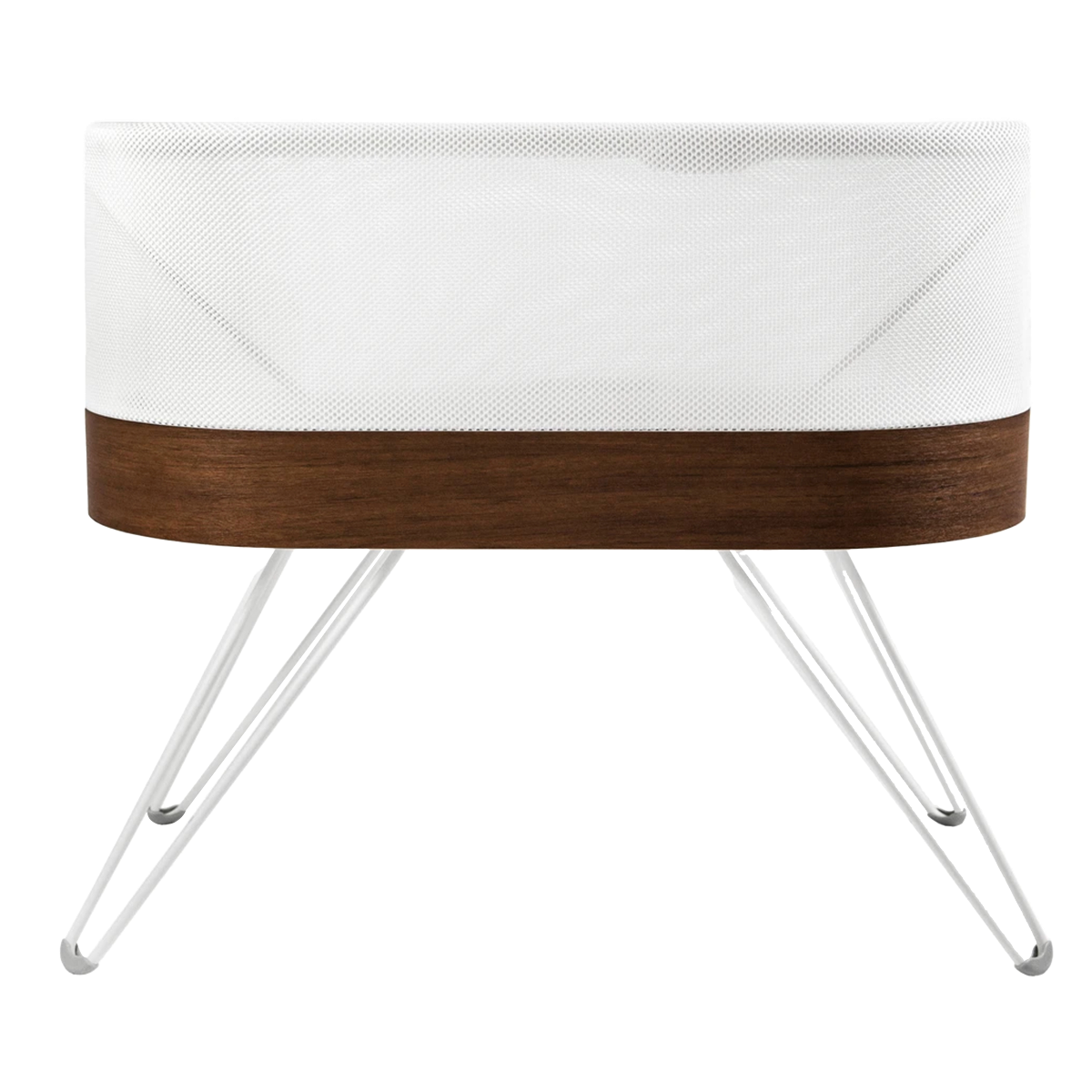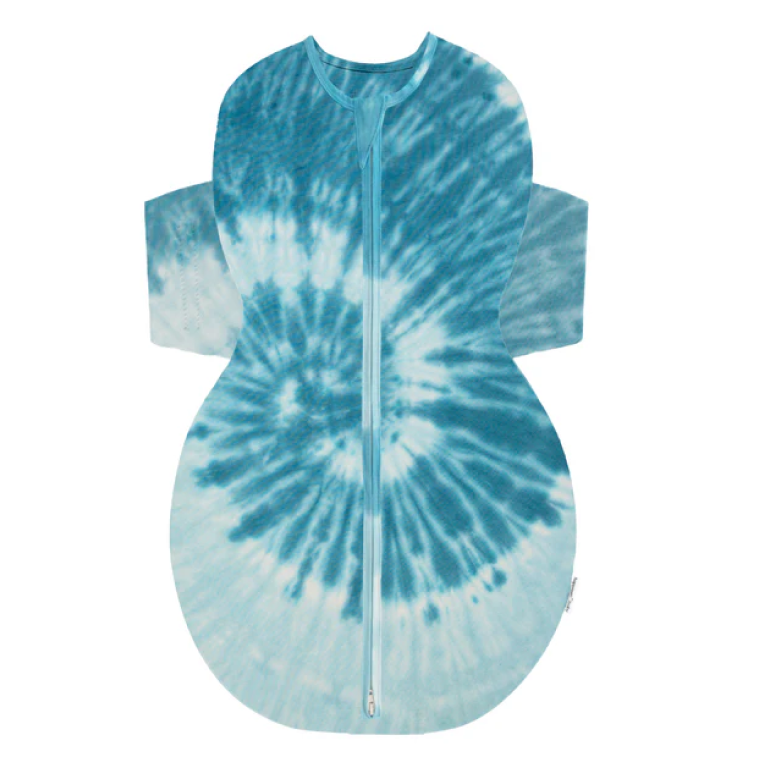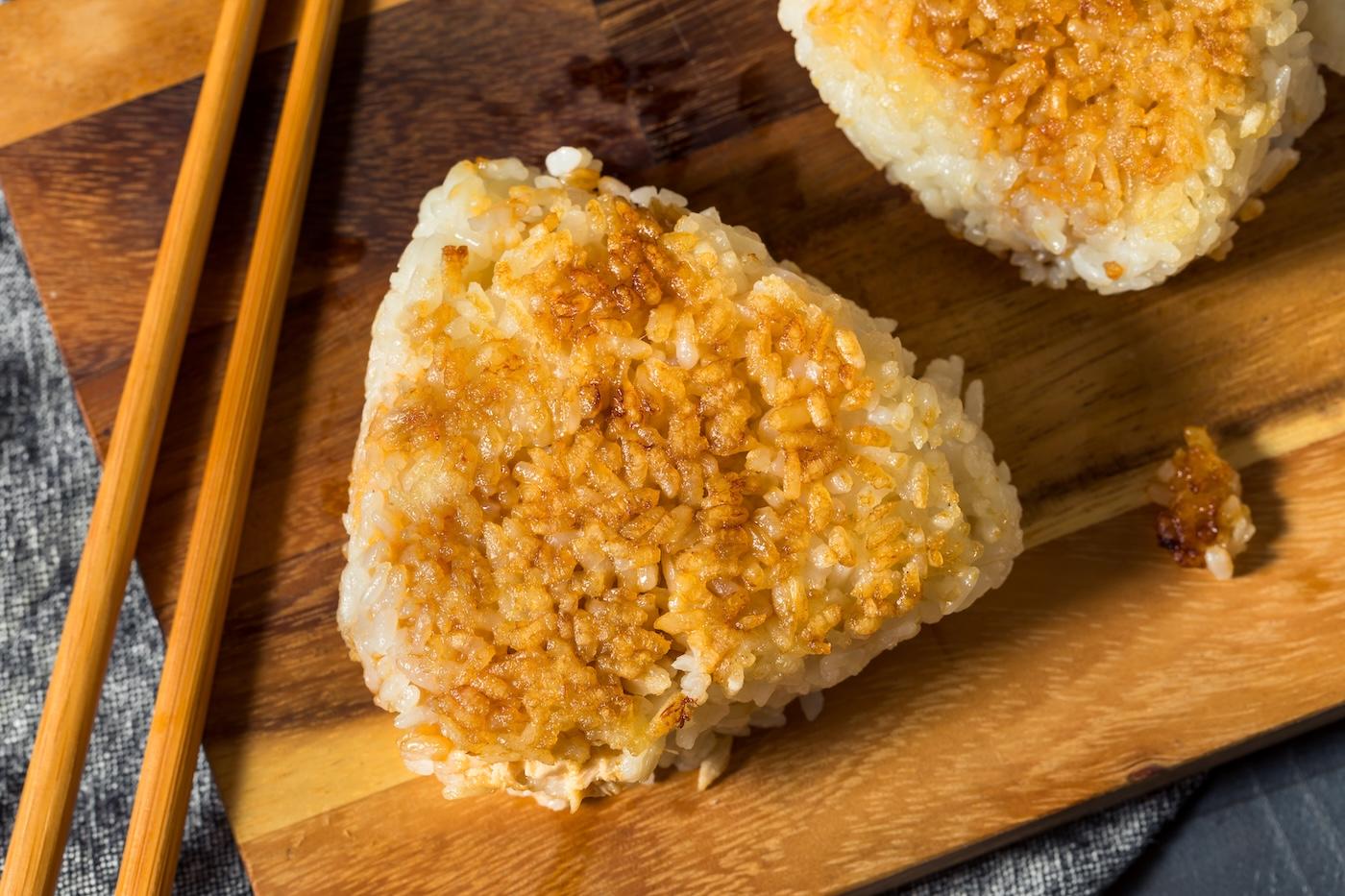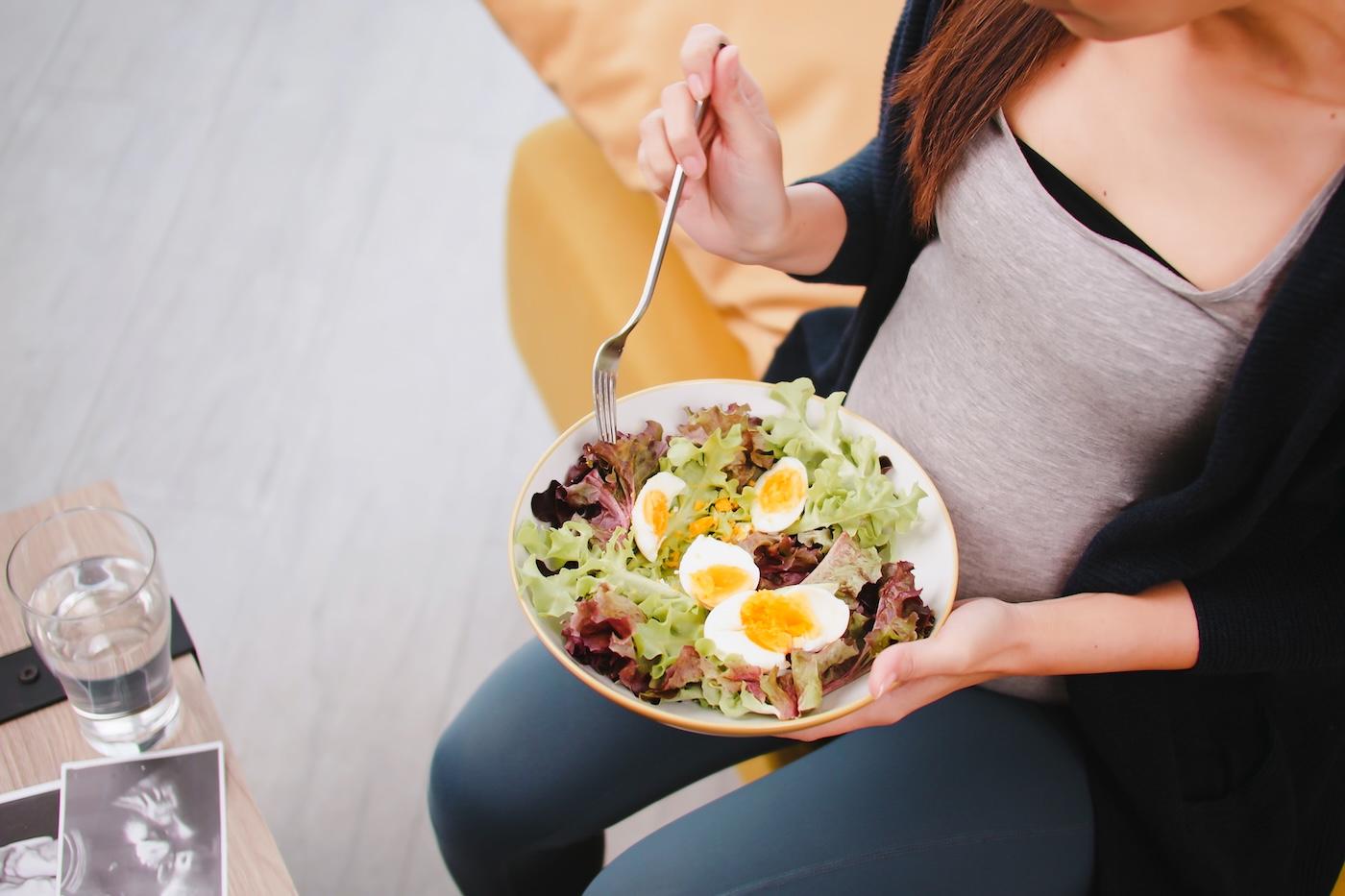PREGNANCY
Postpartum Shaking: Common or Concerning?
Here’s what to known about this unnerving side effect of birth.

Written by
Happiest Baby Staff

Remember that lyric from Grease: I’ve got chills, they’re multiplying? Well, it is not just loving the right boy that causes them. Many moms shiver uncontrollably right after the birth, even with the delivery room temp set at a balmy 78 degrees. So, should this little-discussed side-effect—postpartum shaking—have you quaking in your boots…or just calmly noticing another of the hundred weird body changes that now make you a pregnancy expert?
What is postpartum shaking?
During the first hour following birth (or sometimes starting during delivery) some women experience chattering teeth, head-to-toe shivers. These unexpected—somewhat unnerving—total body shake-a-roos can strike whether you’ve had a vaginal delivery or c-section. Fortunately, these scary shivers are usually perfectly normal and usually only last a few minutes…or peter out within an hour, at most.
How common is postpartum shaking?
Pretty darn common (thought surprisingly not discussed very much in pregnancy books). A small study of 97 women showed that 32% experienced postpartum chills while another one interviewing 50 women found that 44% experienced shaking during labor or up to 30 minutes postpartum. (Mom’s age, weeks of pregnancy, use of epidural anesthesia, and length of labor made no difference.) So, if it happens to you, know that you’re not alone (maybe it’ll even help strike up conversations in your Mommy & Me class!).
What causes postpartum shaking?
This jarring phenomenon isn’t well understood, but we think it may be caused by the hormonal changes and fluid shifts that occur during delivery. Think about it—your body has had the hardest workout of your life! The physical requirements of labor, the shift in body fluids during delivery, and physical and emotional interaction with your new little one creates tremendous changes for a new mom.
Oddly, one study of shaking showed the room was a little colder for women who shiver, but their body- armpit-temperature was a little warmer…go figure. If temperature is not the answer, how about another theory…blood. It’s normal for a little bit of your baby’s blood to enter mom’s bloodstream at birth. One theory is that if Mom’s blood type is different from her baby’s, that tiny bit of blood can cause a big shaking reaction like a full body effort to reject the uninvited blood, “Hey, what’s going on? Someone gave me a transfusion of the wrong blood!”
How long do the shakes last after birth?
Typically postpartum shaking occurs pretty immediately post-birth, and should not last more than an hour.
When should you worry about postpartum shaking?
Most of the time, postpartum shaking is completely normal. But if it lasts more than an hour or continues after you’ve gone home with your baby—or you have fever—then it could be a sign of infection or illness. Report continued shaking to your practitioner.
Is there anything you should do about postpartum shaking?
Many women find it helps to bundle up. The nurses can offer you a warm blanket and it helps to cover your feet with cozy socks, so make sure those are in your hospital go-bag.
Skin-to-skin contact with your baby may feel soothing to both of you. The vibrations from your shaking body may actually feel relaxing to your baby (after all, the womb is a jiggly place)! On the other hand, many moms feel safer putting the baby down until the shivers go away.
Don’t try to stop the shaking by tensing your body. This will only make you more uncomfortable, and in the case of a c-section, could cause you to pop a stitch! Warm up as much as you can, then ride it out. Soon it’ll be over…and you can focus on basking in the tranquility of cuddling your little miracle.
Disclaimer: The information on our site is NOT medical advice for any specific person or condition. It is only meant as general information. If you have any medical questions and concerns about your child or yourself, please contact your health provider.
SHARE THIS ARTICLE
MOST LOVED
Sleepytime Sidekicks












